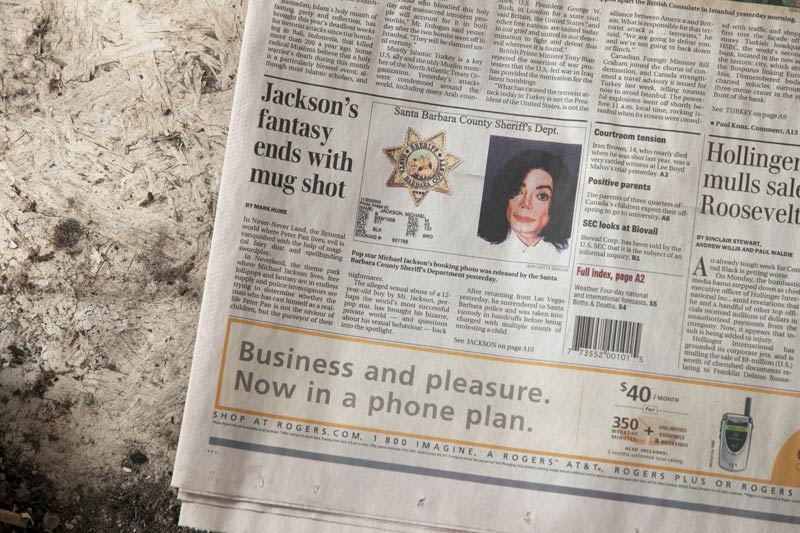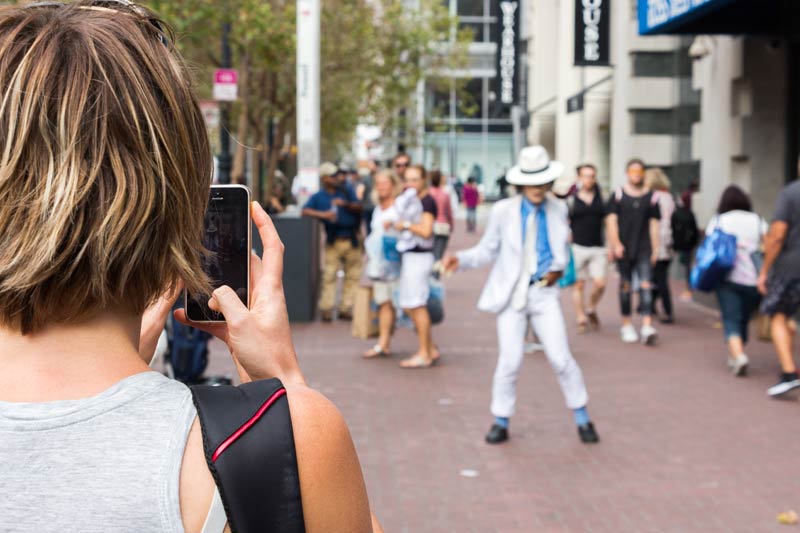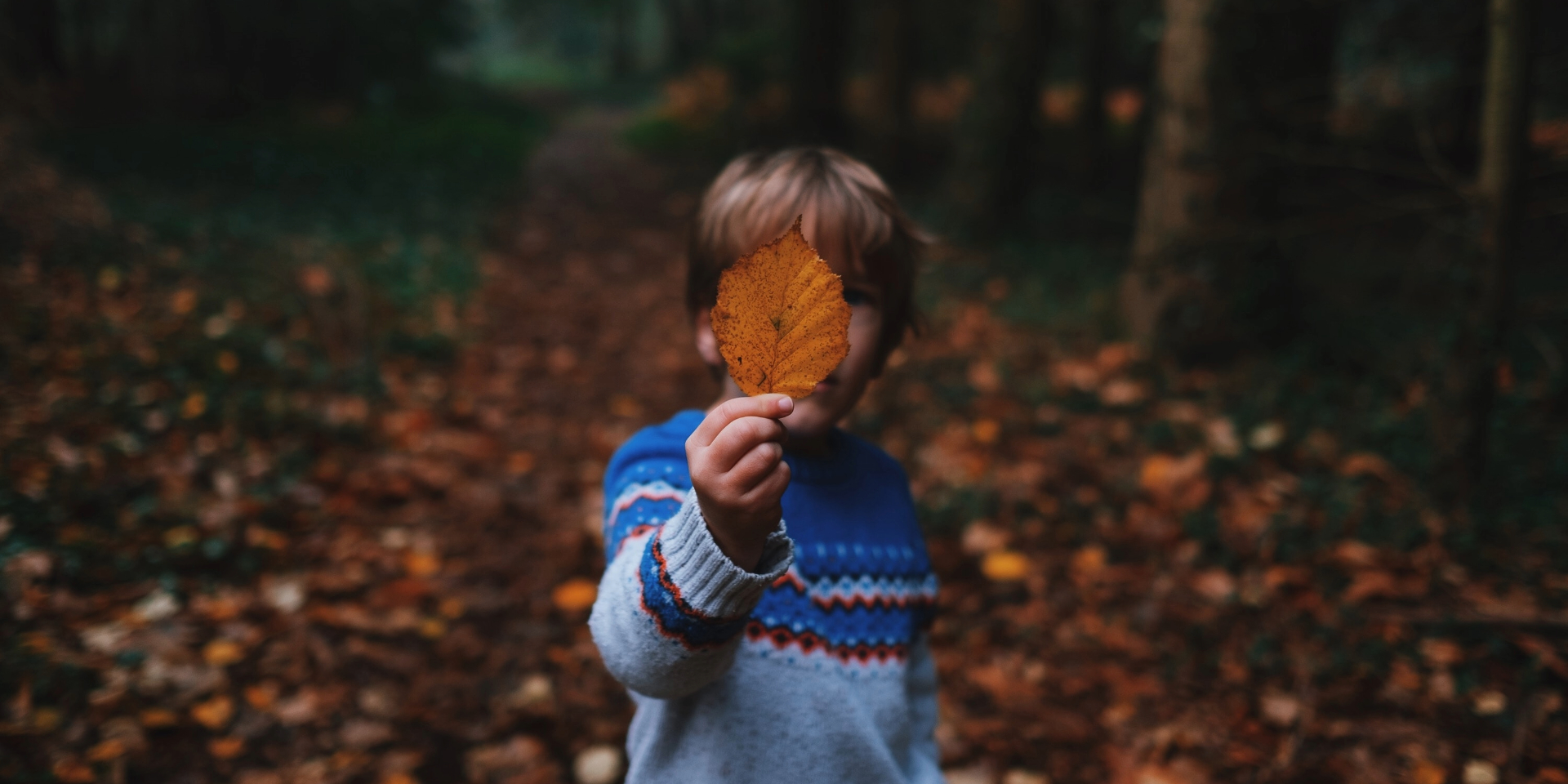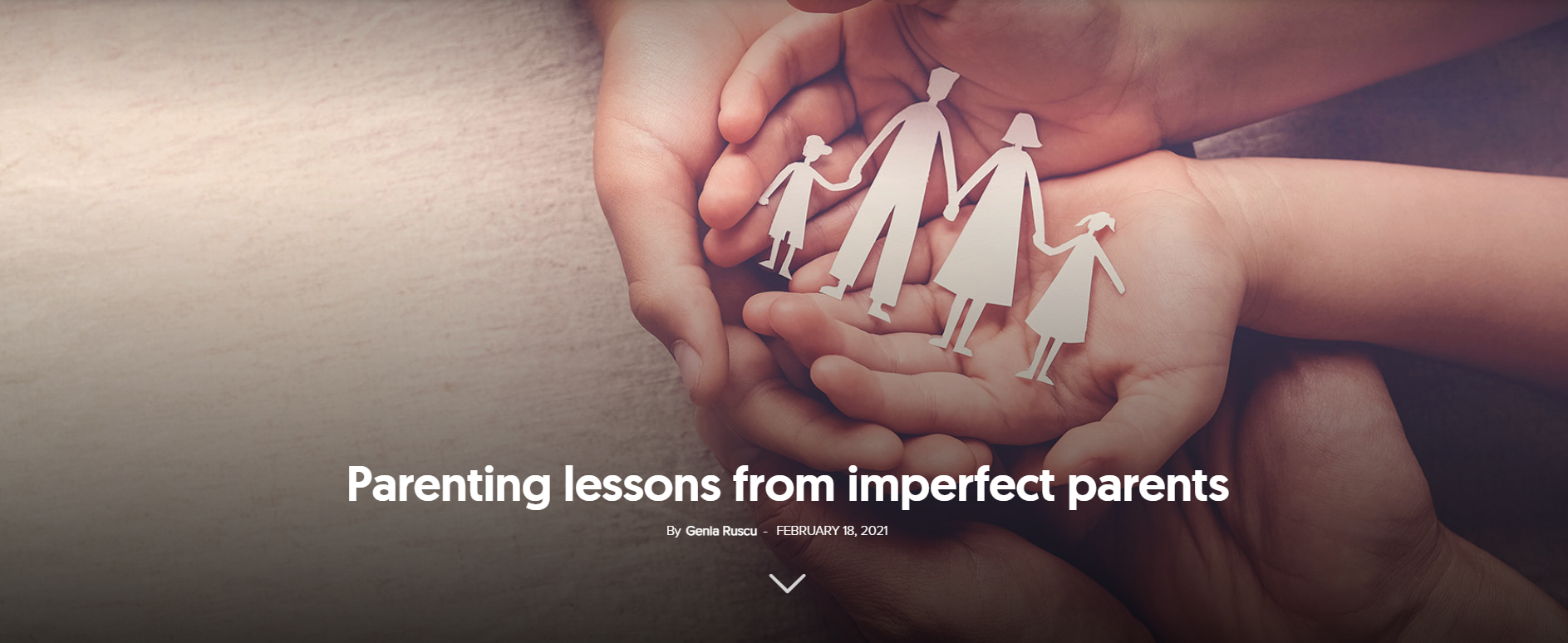The documentary Leaving Neverland (HBO) tells the story of two of the men who accused superstar Michael Jackson of ongoing sexual abuse.
Beyond depicting the extended dramatic experience that the families of the victims have gone through and will continue to go through if the allegations are indeed true, this documentary is a call to society to grow up and take responsibility for the sin of being blinded and deceived by idols.
Of course, the allegations of paedophilia against Michael Jackson were nothing new. For years, he had been publicly photographed holding hands with children under the age of 10, whom he would take with him travelling and touring. Sleeping in the same bed with them in hotels and at his lavish Neverland mansion, built as a children’s amusement park, was also a matter of public record. But somehow everyone, including the parents of the children in question, allowed him these eccentricities because it was already known that his parents had not given him a proper childhood and that his father had been very abusive. And Michael couldn’t hurt anyone. He was a man in his 30s who acted like a 9-year-old who just wanted friends. At least that’s what everyone wanted to believe.
Michael never admitted to the accusations, claiming that the parents who sued him were just trying to extort money from him. He was found not guilty in several court cases, and in one case the parties reached an out-of-court settlement. Now, one of the children who testified on his behalf twice admits that at the time (first when he was 11 and again in his early 20s) he was unable to see that Michael had done anything wrong, let alone publicly acknowledge his role as a victim. Furthermore, he still loved Michael and would have done anything to make him happy and appease him—which just goes to show how subtle but profound idol-fan manipulation can be.
And that’s what this documentary comes down to. In the absence of DNA evidence to prove the star’s guilt beyond doubt, now that he is no longer with us, anyone can say anything and anyone can choose which side to believe. But in the event that the victims are telling the truth, the debate surrounding this documentary is a crucial one.
What’s new in the documentary
As expected, die-hard fans are downright alarmed and outraged that this documentary, which they believe is part of a larger conspiracy, could tarnish the superstar’s image, and his family have countered with a PR plan that involves rebroadcasting some of his most spectacular concerts at the same time as the documentary airs. The movement seems to be saying that Michael the musical genius trumps Michael the man, who allegedly preyed on innocent children and destroyed many lives in the process.
Michael’s previous acquittals have been based on the testimony of kids, although some of his Neverland staff have admitted to seeing problematic behaviour. However, the children who spoke out were in the minority. Many ask: what is the point of such a confession now that the man is dead and cannot defend himself? There are many reasons. Society, and especially the American entertainment industry, is in a painful but necessary process of taking responsibility for the sins of the past. For how many years has the world been entertained by the fact that the artist R. Kelly abused minors?

Then there’s the question of personal accountability. The documentary is not only about the sins of Michael Jackson, but also about the sins of parents who failed in their most basic parental duty to protect their children, and the need for the victims, now adults, to admit that they too were wrong to let other children, with whom they shared the same tragedy, fight alone in the court of public opinion against a global army of Michael Jackson fans.
But more importantly, it is about the realisation that the Michael Jackson story is not unique but rather a manifestation of what happens when parents give up their children to be devoured by the monster of fame. Actor Elijah Wood, best known for his role in the Lord of the Rings trilogy and who began his career at the age of 8, did not hesitate in declaring a few years ago that Hollywood has a paedophilia problem and that child abuse is far more common than people think. Hollywood is not just about acting, but also about music, dance, modelling, and other art forms where power is in the hands of a few at the top. Even YouTube has been the source of several child abuse scandals as more and younger children try to get people’s attention, become famous and rich. Social media has made this dream available to everyone, lowering the barrier to entry incredibly. This makes the debate sparked by this documentary all the more necessary.
Suspending reason
Obviously, the duty of parents to cultivate their children’s qualities and channel them in the right direction without suppressing their personality, depriving them of their childhood or alienating them from themselves seems almost impossible. It is a path full of questions, self-doubts, strong emotions and instant, intuition-based decisions, a period of confusion for both parents and children. Sometimes, sacrifices are necessary and sometimes they only seem necessary.
For example, the mother of one of the men in the documentary decided to break up her family and move to America after Michael Jackson promised to guide her son in his career. It was as if the President of the United States had made the promise; a truly unique opportunity for a little boy from Australia. In the short term, the family experienced the disappointment of a broken promise, and in the long term, hard-to-heal traumas—the suicide of the father, the sexual abuse of the child, the children’s inability to forgive their mother, and the mother’s inability to forgive herself. She still remembers the words her father said to her when he learned of her intention to move to America with two of her children: “You have lost your mind.” Now she agrees that she was wrong, but at the time she thought she was making a necessary sacrifice.
The other man’s mother looked elsewhere for guidance. After having her child cast in commercials, she prayed to God, asking Him to open the right doors if that’s His will—if not, to keep them closed. The doors opened so wide that the child ended up in a Pepsi commercial with Michael Jackson. Later, after several family meetings with Michael, and after Michael had, according to her, gained her trust (he developed a separate relationship with each mother, sitting on the phone for hours), when she mentioned that he had also prayed to God to send him a friend, and that’s when the little boy came into his life, his mother put the answers to the two prayers together and concluded that this was God’s plan. That led her to loosen her grip on the child, to give him the freedom to be with the idol, to have unique experiences without her smothering presence. And unfortunately that is exactly what happened.
In both cases, the mothers abandoned reason and the need to question everything, and the fathers were almost completely absent from the family unit, leaving the management of the sons’ careers in the hands of the mothers. And while Michael was “infiltrating” the family, posing as an adopted child to the mothers, he was alienating the children from the family, bad-mouthing their mothers and posing as a father figure who was showing his “natural” love in a sexual way.
The importance of sex education
The cases revealed in the documentary—if true as revealed—are similar to cases of sexual abuse in the family. As the relationships went on for years, Michael kept in touch with the mothers, who were often close by when the abuse took place and who trusted him completely. Why didn’t the children say anything or change their behaviour after the abuse began? Firstly, they also trusted Michael completely and secondly, they had not been taught by their parents to identify certain sexual acts as wrong. Michael would be the one to sexually educate them, starting with masturbation, pornography, and moving on to other acts that he would present as a normal way for two people to show affection.
And these children had no doubt that Michael loved them. He was always trying to make them feel special, taking them on tour, inviting them to Neverland where the fun knew no bounds and assuring each of them that they were the first and only ones he would have such relationships with. The children genuinely loved him and wanted to live up to the adult responsibility he placed on them to make him happy in a way that no one else could. In this documentary, the victims do not speak of coercion, of acts that were forced upon them or that would have caused them pain or physical harm, but of sheer manipulation by which they were persuaded to participate willingly and not to tell anyone.
These children probably did not know that if a grown man touched their private parts they should tell their parents immediately. And some of them say that they experienced their first sexual pleasures with Michael, who taught them how to perform so that they could fulfil his desires. It’s pretty clear from the documentary that neither of the boys had a relationship with their father where they could talk about sexuality and puberty, nor with their older brothers. Both children were somewhat one-sidedly attached to their mother, which is not a bad thing in itself, but it is an upbringing that has its limits at some point in life.
The inability to attribute to these acts their true negative connotation, and the desire to save Michael and prove their loyalty to him once again, were among the main reasons why some of his victims defended him in court. Both men in the documentary testify that it was very late in life that they became aware and were able to admit that they had indeed been abused, and in both cases this realisation was directly linked to the birth of their first child. The thought that someone could touch their children as Michael had touched them filled them with a disgust and anger that helped them realise that Michael’s actions were indeed evil.
Consumed by an idol
Today, it may seem that many of the problems seen in these families have resolved themselves. We are no longer so enamoured of superstars, people are extremely aware and caring when it comes to other people’s children, and in general the parents have gone from being super-relaxed to being super-stressed and obsessed with control. However, the fundamental problem remains unresolved.
What the children missed was not being wrapped in ten layers before leaving the house, nor a crash course in how to behave on the playground, or how to brush their teeth after every meal. Instead, perhaps some parents need a crash course in how to pay attention to their children in the playground instead of sitting on their phones.

Michael Jackson is a one-time problem. It could have been anyone else in his place, and who knows how many have taken his place. The fundamental problem is raising children in a society that consumes and allows itself to be consumed, without parents being aware of it, to protect themselves and their children. The idol can be anything—it can be a specific person, it can be Instagram, it can be vlogging, it can be a fancy brand, and so on. Anything that consumes us—too much time, too much money, too much attention, and that makes us sacrifice our family, our principles, or our health—is not something that can give back, it can only take more.
And in the generation of children who no longer go outside but spend their days glued to their screens, the exposure to different environments that promise extraordinary things is significantly higher. And within the bubble that some parents now raise their children in, their emotional health suffers because instead of spending time outside using their imaginations to develop relationships with other children, they are much more internalised, but at the same time exposed to all sorts of idealised versions of the life they could have. What happens when someone comes along promising to make such a dream come true?
Eliza Vladescu is a communications specialist and was previously part of the ST Network permanent team. She currently works as an online communications consultant.




















